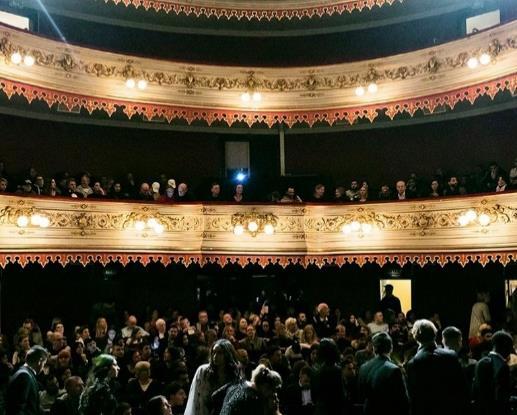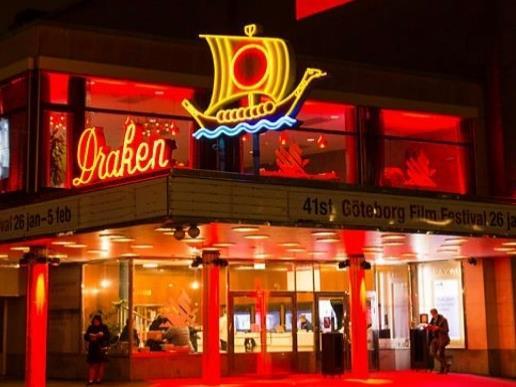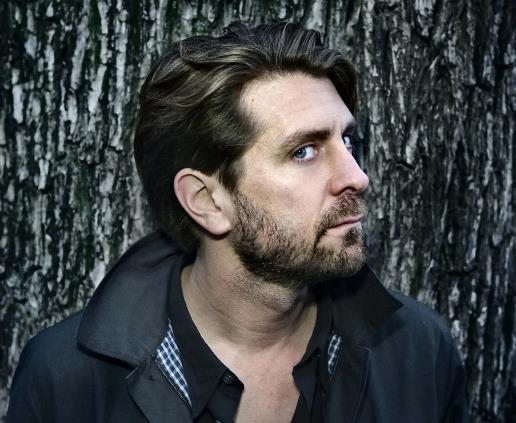
2 minute read
GOTHENBURG WARMS UP NORDIC WINTER
The foremost film-related happening in the Nordics had a very eventful 47th edition (January 27 – February 5).

Advertisement
way to signal that movies were back in full force, after two editions affected by the global health crisis.
That it was going to be yet another memorably unconventional year for the Gothenburg Film Festival – which is well-known for defying expectations became clear the minute Ruben Östlund was announced as the new Honorary President. The director of the Palme d’Or winners The Square and Triangle of Sadness is arguably the Swedish city’s favorite enfant terrible. After his hypnosis-enhanced viewings last year and 2021’s pandemic-friendly choice of having one lucky spectator all alone on an island in the Gothenburg archipelago, he had a new trick up his sleeve: “directing” the audience during a special screening of Triangle of Sadness, a film that elicits strong reactions in its own right and made for an even more immersive experience with its maker on the premises. Participants were selected via an online questionnaire, and selection criteria included their voting history and what they consider appropriate behavior in a cinema. Östlund also pulled a smaller-scale version of the stunt during the opening ceremony, perhaps as a the ideal bookend to an edition that began with Exodus, a comingof-age story about a young refugee girl who attempts to reach Scandinavia (specifically Sweden).

Not that Gothenburg has completely given up on some of the pandemic-induced changes. Fully embracing the versatile nature of the contemporary moviegoing experience, the festival retained an online option for select titles in its line-up, making a handful of them available each day on its streaming service Draken Film. Many of them were part of the International Competition, whose winner is determined by the audience (this year’s top choice was Maryam Touzani’s The Blue Caftan, which continues its successful festival tour).
The relationship between screens was further highlighted by the choice of closing film: Camino, a Danish drama about fatherdaughter relationships which received a theatrical premiere at the festival before heading to streaming, as part of the Nordic service Viaplay’s foray into original productions. The film, in which two Danes embark on a pilgrimage on the Camino de Santiago in Spain to fulfil a loved one’s dying wish, also served as
On the awards side, and counter to the widespread belief that critics and audience members are on opposite ends of the moviegoing spectrum, the big winner of the 2023 edition was the Norwegian drama Ellos Eatnu – Let the River Flow, which received both the FIPRESCI Prize and the Audience Award for the Nordic Competition. That’s a strong endorsement for a film that is rooted in true events and uses the past to discuss the present conditions of Sami rights in Norway. It illustrates the recent national tradition of telling compelling stories that don’t necessarily conform to the usual tenets of the local industry (as seen with the country’s most recent Oscar submission War Sailor, an ambitious and expensive period piece shot entirely in the not-so-cinematic Bergen dialect).
The other major awards were split between Denmark and Finland, emphasizing the strengths of both (Continues page17)






